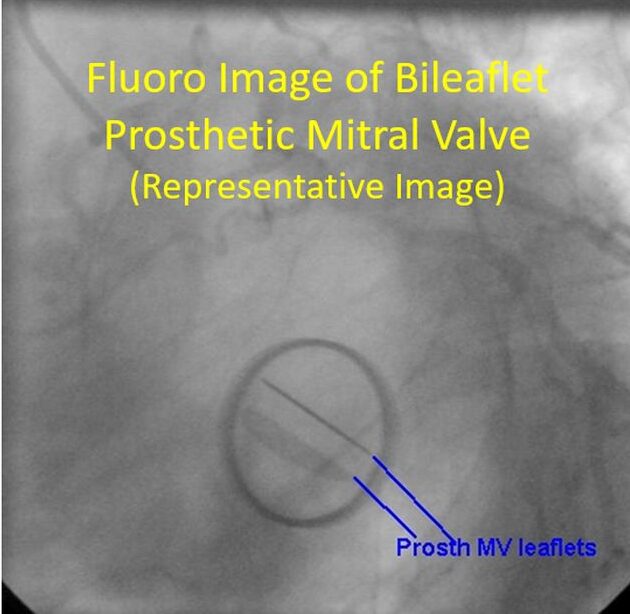Causes of Significant Cardiac Failure After MVR
Causes of significant cardiac failure after MVR (mitral valve replacement)
Causes of significant cardiac failure after MVR include:
- Pulmonary hypertension
- Organic tricuspid regurgitation
- Chronic atrial fibrillation
- Advanced NYHA class prior to surgery
- Surgery for mitral regurgitation rather than stenosis
- Redo surgery
- Other valvular lesions
- Associated coronary artery disease
- Infective endocarditis
- Rheumatic activity

(Representative Image)
Most of these have been detailed in the study by Marc et al involving 708 patients who underwent mitral valve replacement [1]. MVR done for mitral stenosis had less chance for developing heart failure later compared to mitral regurgitation or a combination of mitral stenosis and regurgitation. In mitral stenosis there is no load for the left ventricle, while in mitral regurgitation, left ventricle has extra workload. So if surgery is not undertaken before the left ventricle has developed structural damage, left ventricular dysfunction may not recover fully after surgery. Hence the timing of surgery is very important in mitral regurgitation, to prevent recurrence of heart failure after mitral valve replacement.
Reference
- Marc Ruel, Fraser D Rubens, Roy G Masters, Andrew L Pipe, Pierre Bédard, Thierry G Mesana. Late Incidence and Predictors of Persistent or Recurrent Heart Failure in Patients With Mitral Prosthetic Valves. J Thorac Cardiovasc Surg. 2004 Aug;128(2):278-83.